Mangaluru, Oct 26: An atmosphere of bandh prevailed in the Suratkal-Kana-MRPL road area on Wednesday with local residents closing their shops and business establishments to support the ongoing agitation demanding repair of the unmotorable stretch.
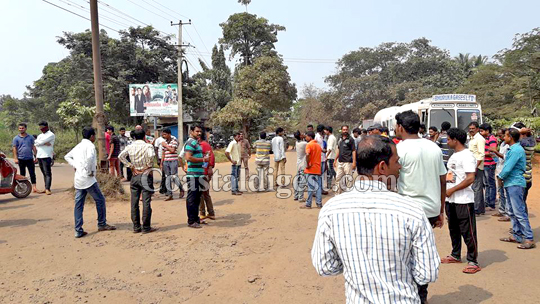
The 4.5-km stretch wore a deserted look since 7 a.m. and the blockade continued till 5 p.m. Buses, auto-rickshaws remained off the road. Interestingly dozens of giant vehicles that ply to and from MRPL everyday also were missing on the stretch till evening.
Even though the area witnessed several protest in the past against the road, this is for the first time all the residents in the area joining the agitation, said a member of the Nagarika Horata Samiti, Kana, which had called for dawn to dusk road blockade today.
Addressing a protest meet at Kana junction Samiti convener B.K. Imtiyaz said that Dakshina Kananda MP Nalin Kumar Kateel, local MLA Mohiuddin Bava, MCC, MRPL and the other giant companies such as HPCL and BASF that operate thousands of heavy vehicles on the road, are collectively responsible for the present situation of the road.
He said that the MCC is trying to shrink away from its responsibility of repairing the road by merely blaming it on the MRPL.
This is the seventh protest staged by the Samiti urging the Mangalore Refinery and Petrochemicals Ltd and Mangaluru City Corporation to repair the road. Today's protest comes after the MCC and MRPL failed to reach an agreement over taking up the repair work.
“So far we have staged peaceful protest. But, now we are losing patience. The elected representatives should fulfil their duties,” said a protestor.
Also Read: MLA Mohiuddin Bava snubs road agitators, flies to Saudi Arabia
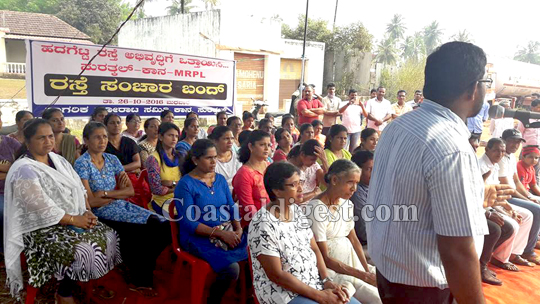
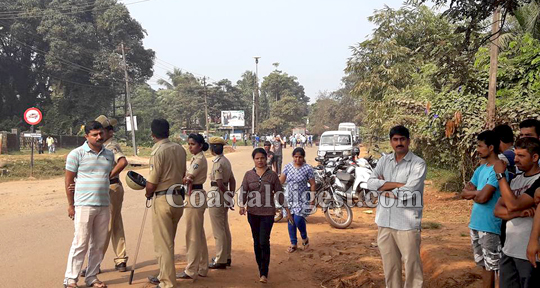
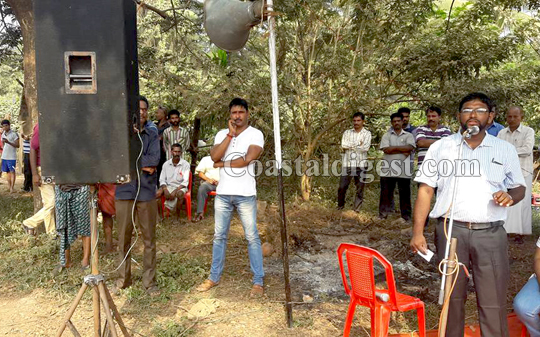
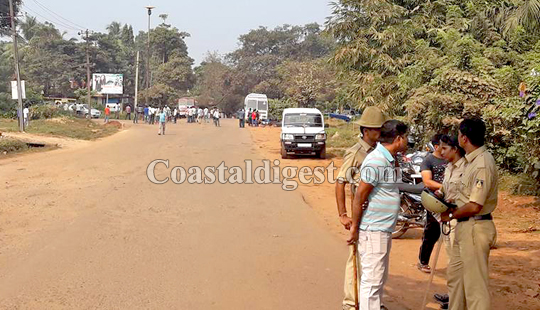
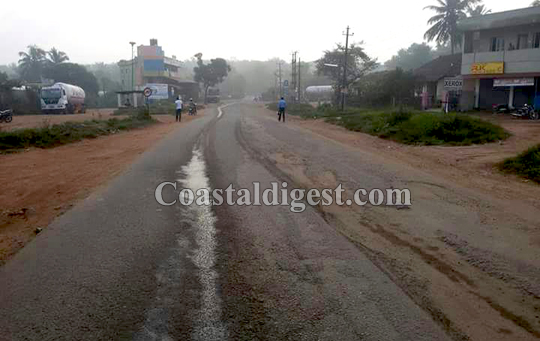
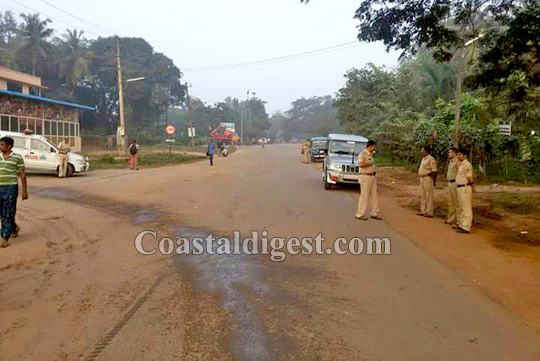
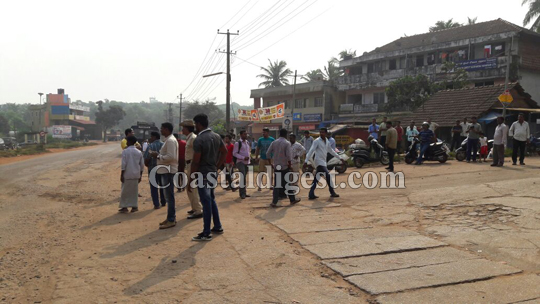
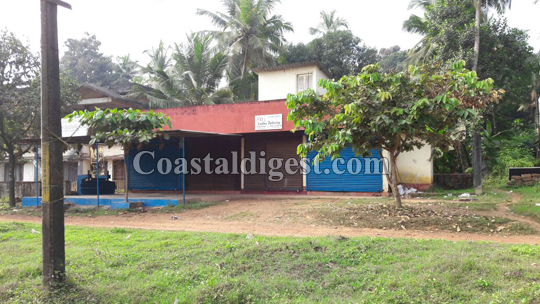
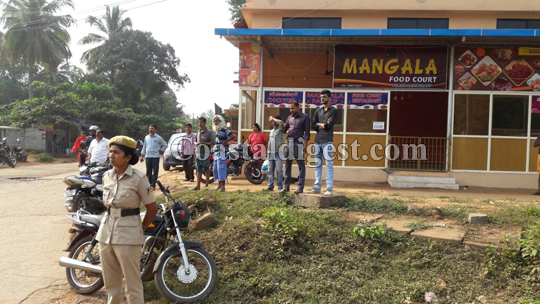
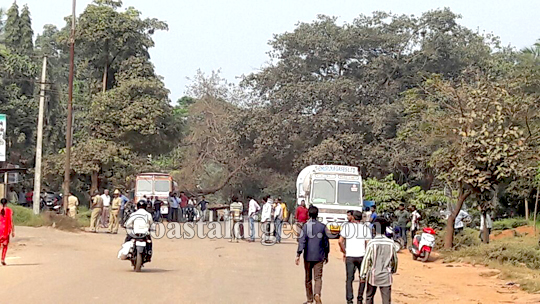
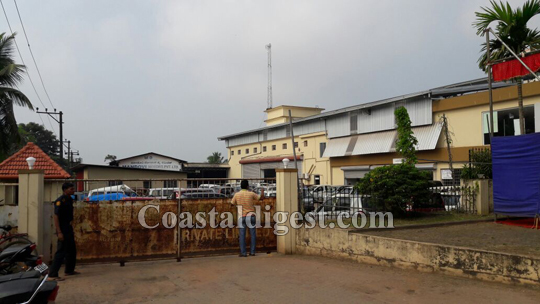
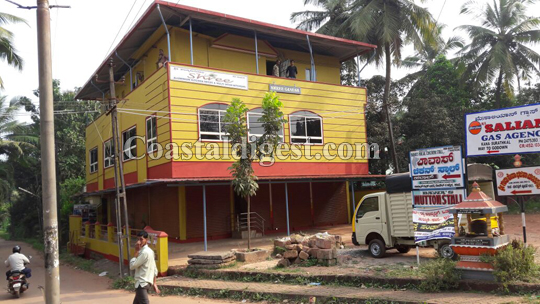
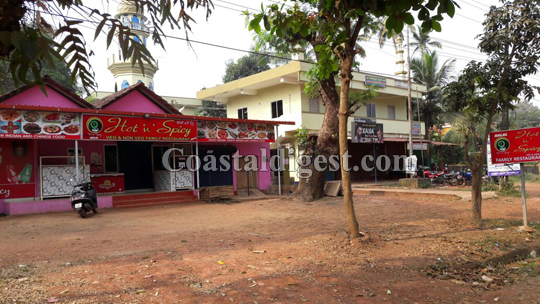
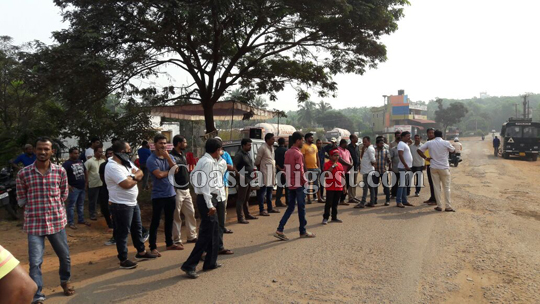
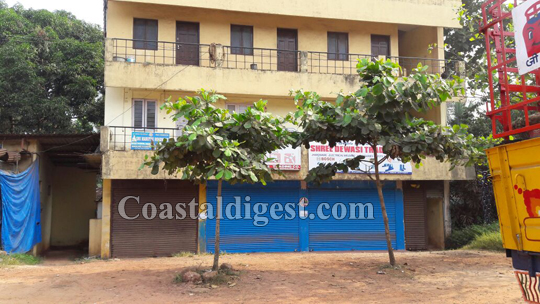
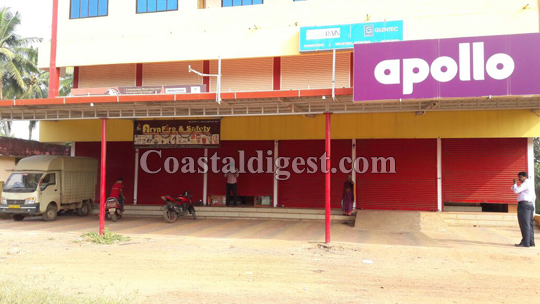
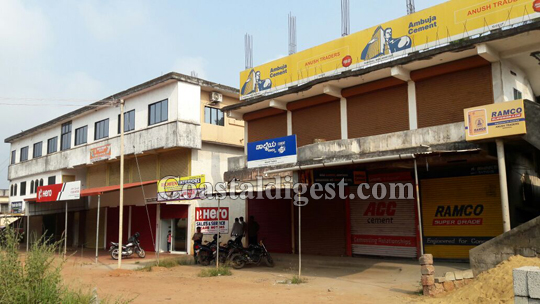
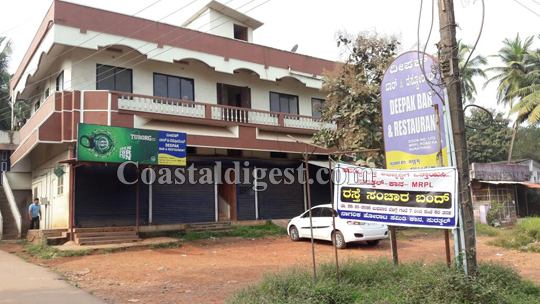
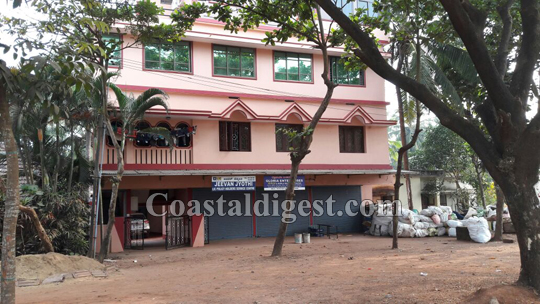
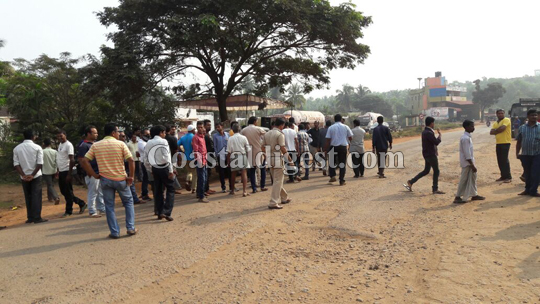
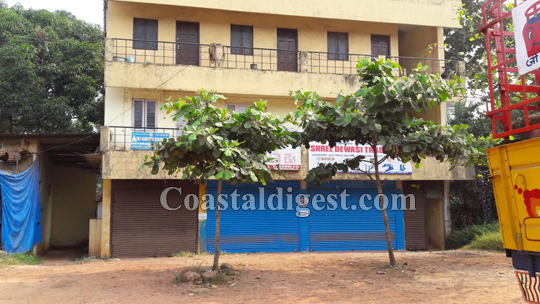
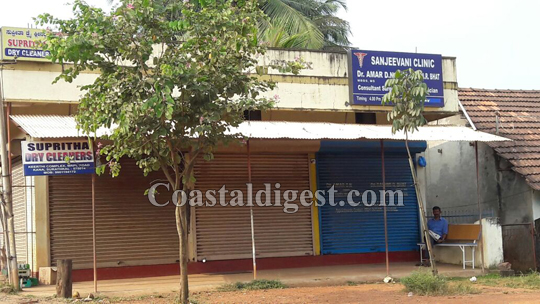
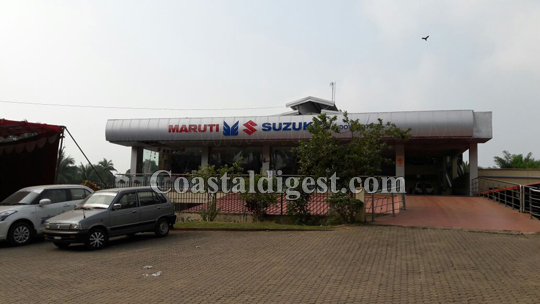
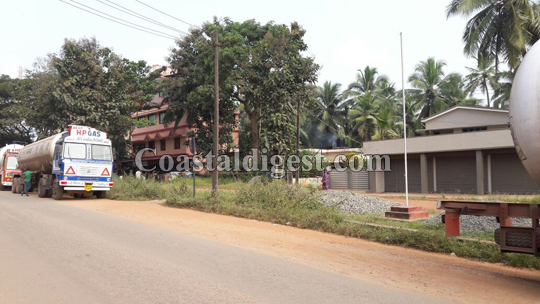
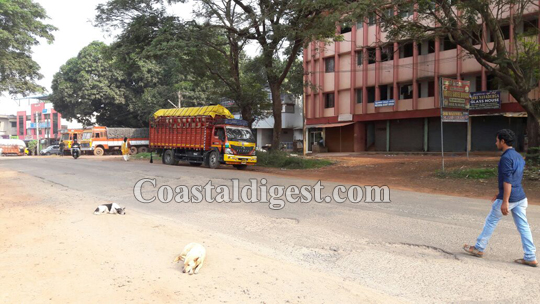




Comments
this MLA will be his last tenure in his life
Gr8..after long time it luks like all the religion ppl came together to protest against administration..its rare case in Mlore where normally ppl r interested only in communal related protests
shame on elected representatives..MP (BJP) MLA (CONG) corporators of this area related to both BJP and congress ..all CHORs...i think they just bothered abt their share of bribe from these giant industries..boycott all these in future election
Add new comment